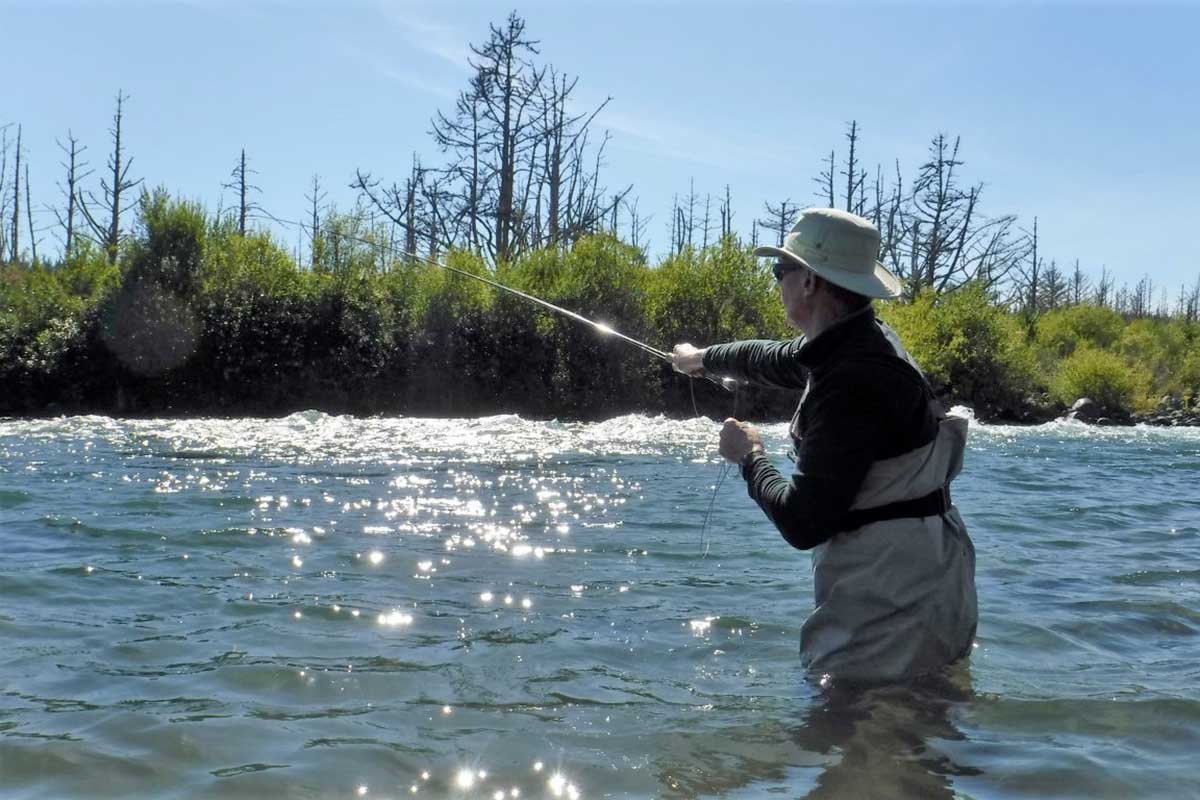
Robert Aurbach draws from experiences and learning across a wide range of subjects to provide thought-provoking commentary on current events and opportunities for improving our culture, norms and practices.
August 10, 2020
In workers’ compensation, workers and employers are the direct beneficiaries of the system. Workers get treatment and support while recovering from workplace injury and employers get protection from being sued for workplace harm and help in getting valuable workers to return after mishap.
The Boards of Directors of the WorkCover authorities perform a valuable service in overseeing the financial well-being of the organization. But financial well-being is not the only measure of success, nor should it be the controlling measure with regard to formulation of policy. If the Four Corners piece has taught us anything, it is that neither workers nor employers are consistently served by that narrow of a viewpoint.
Perhaps it is time to broaden the perspectives that are being heard. I’m not suggesting token places for a representative on the existing Boards. Internationally, some of the best jurisdictions have Advisory Boards that consist solely of representatives of workers and employers. The special interests and the people who profit from the system can advise, but not vote. The people with “skin in the game” control the outcomes, and the policies that those groups can agree upon tend to be balanced and fair.
Is it time to start listening?
July 27, 2020
There has been a fair bit of advance media concerning tonight's Four Corners expose on NSW's and Victoria's WorkCover practices. The Ombudsman's report on Victoria has been out for some time, as have Peter McCarthy's views. The truly new thing is the fact that the mainstream media is now paying attention.
I'm reminded of an old joke: "How many psychiatrists does it take to change light globe? The answer is 'one', but the light globe really has got to want to change". If the current media attention is to be useful, the industry must consider different ways of accomplishing the aims of a social insurance program, rather than just reactions that address the instigating irritants.
Recovery from illness and injury is a process with both psychological and physical elements. Approaching the program as a purely economic endeavor has a history of causing unnecessary secondary psychological harm to the person who is recovering, driving up costs and delaying return to work. This will stop when we stop viewing workers' compensation as a standard line of commercial insurance and recognize it as the original social insurance program, with unique aspects. There are effective, proven things that can be done. Hopefully the current publicity will create the desire for real change.
June 23, 2020
Another major part of “getting over” COVID 19, will be regaining trust. Trust is, at least in part, an expectation that people will deal with us fairly – that they will tell us what they will do and follow through on the expectations they create.
Our trust has been damaged in recent times. During this period, what has been promised in the past is often delayed or changed, using the virus as an excuse. Services, social and business functions and the availability of needed supplies have been interrupted in the name of the pandemic. Some parties have profiteered from changed conditions, and institutions intended to protect us have sometimes failed. Our leaders keep changing the goalposts, so we have little ability to organize our lives around future expectations. Where trust is damaged, a sense of danger and unease often arises.
The vaccine for distrust is fair dealing. COVID 19 must stop being the all-purpose excuse. Our leaders must give us the largest reliable picture, while limiting their comments to what they can reasonably predict. Most importantly, we must individually take responsibility for the expectations we create and follow through.
“We’re all in this together” must become a promise that we can once again rely upon each other to do what we say and say what we’ll do.
NOTE: to receive copies of older blog posts, please contact Rob.
